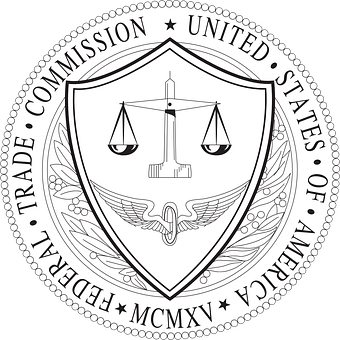
Federal Trade Commission
Established: September 26, 1914
Mission: To protect consumers and the marketplace from anti-competitive business practices.
Reason for creation: The public’s steady demand for protection from the anti-competitive practices of a few large companies in several prominent industries culminated with the creation of the FTC. Despite passage of the Sherman Antitrust Act in 1890, anti-competitive activities persisted, including monopolistic mergers, price-fixing, bid rigging, and false and deceptive advertising. The FTC replaced the Bureau of Corporations, which was established in 1903 and served to institutionalize the nation’s antitrust activities for the first time. Initially, the FTC’s core responsibility was enforcing the aforementioned antitrust laws that were already in effect. This work primarily involved breaking up monopolies, preventing their formation, and suing monopolistic violators.
Impacts: In the century since the FTC was established, the economy has become much more complex and more forms of commerce and anti-competitive practices have emerged. In response, the FTC has taken on additional roles to address these issues. However, its original responsibilities remain a core part of the FTC’s mission in today’s economy, where large corporations regularly seek to consolidate economic power through mergers. One notable addition to the FTC’s mission is investigative enforcement. Usually in response to an accusation of wrongdoing by a third party, the FTC can investigate complaints and then recommend further action. The FTC also now plays a role in enforcing laws that protect the public from false advertising. And, with the advent of internet commerce, the FTC has taken on some responsibility for enforcing e-commerce regulations relating to such areas as privacy and use of customer data, multi-level marketing, payment protection, and more.
Notably, the FTC took action against Facebook for violations of users’ privacy, fining the company $5 billion penalty, mandating that Facebook adopt a modified corporate structure, and imposing additional restrictions on the corporation. The financial penalty was 20 times larger than any previous fine for consumer privacy violations.

